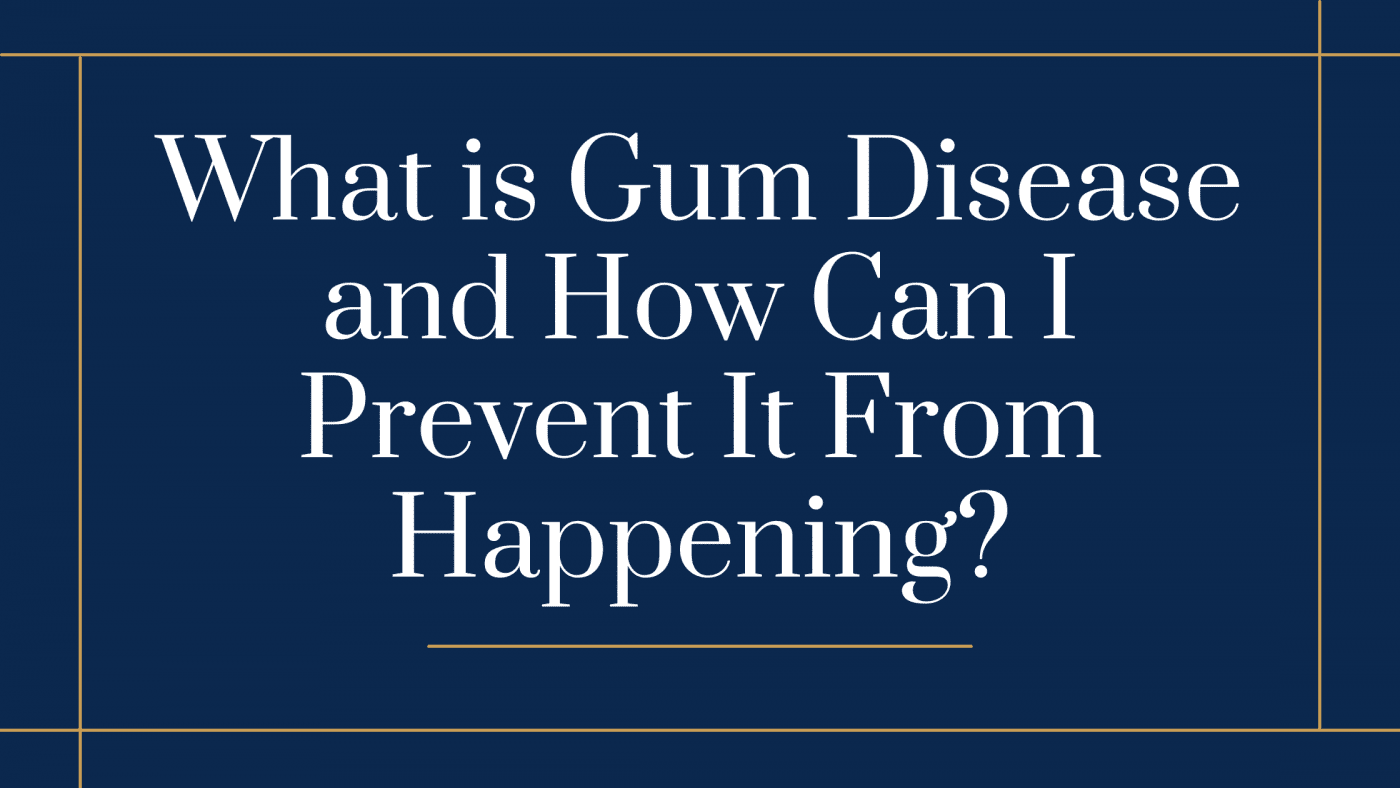What is Gum Disease and How Can I Prevent It From Happening?
Gum Disease most commonly occurs from poor hygiene. However, it can also be a result of genetics and lifestyle. A large population of people struggle with this – that is why it is even more important to look after your teeth!
So what is it?
Gum Disease, also referred to as Periodontitis is essentially a build-up of plaque on the teeth that happens when it is not removed when brushing the teeth. It affects the structures that hold the teeth in place. If the plaque is not removed, it can harden, which can form tartar on the teeth.
Even though poor hygiene, family history and lifestyle are the main reasons why gum disease occurs; smoking, stress and uncontrolled diabetes can make it worse and can cause further damage. Therefore, it is important to be consistent with attending check-ups with your dentist so that they can get to the problem before it gets worse/harder to treat. Also, if you are aware of a family history of gum disease, you should discuss it with them as soon as possible, as you will need to attend more frequent check-ups.
The symptoms of gum disease can include:
- Bleeding from the gums when brushing or spontaneous bleeding
- Red swollen gums
- bad breath
- loose teeth
- Receding gums
- Painful recurrent gum infections
- Bad taste
- Spaces opening up between teeth
- Changes to the position of teeth
If you experience any of these symptoms, you should see your dentist immediately.
If it is goes untreated, it can cause other symptoms, such as:
- Recurrent painful gum infections
- Change of tooth position causing aesthetic problems
- Loose teeth causing problems with biting
- Loss of teeth
- Problems with speech, weakened ability to chew and eat, appearance and confidence.
It is therefore extremely important that it is diagnosed and treated as early as possible in order to prevent these potential problems.
Gum disease is preventable.
How can I prevent it?
The best way to prevent gum disease is a simple as, looking after your teeth and ensuring you brush them thoroughly i.e twice a day for two minutes. You could also use floss/interdental brushes to clean the areas of your mouth that are not covered when just regularly brushing. As well as maintaining a thorough teeth-cleaning routine, you should also be attending check-ups with your dentist every six months to a year. Check-ups are a great way for your dentist to assess what you may need to do to improve on your cleaning routine and may even recommend eating less of a particular food that is likely to cause excess plaque. If you show any signs of build-up on the teeth during a check-up, a dentist may recommend you to a hygienist. Giving up smoking is also another way to prevent the possibility of having gum disease.
If you believe you have gum disease, you should talk to your dentist/hygienist, where they undergo a proper diagnosis. If they tell you that you have it, they will discuss treatment options with you as well as go over any other information you need.
In the meantime, you can read more information about gum disease and how to maintain healthy teeth on our website.
For more information head to our hygiene page.
